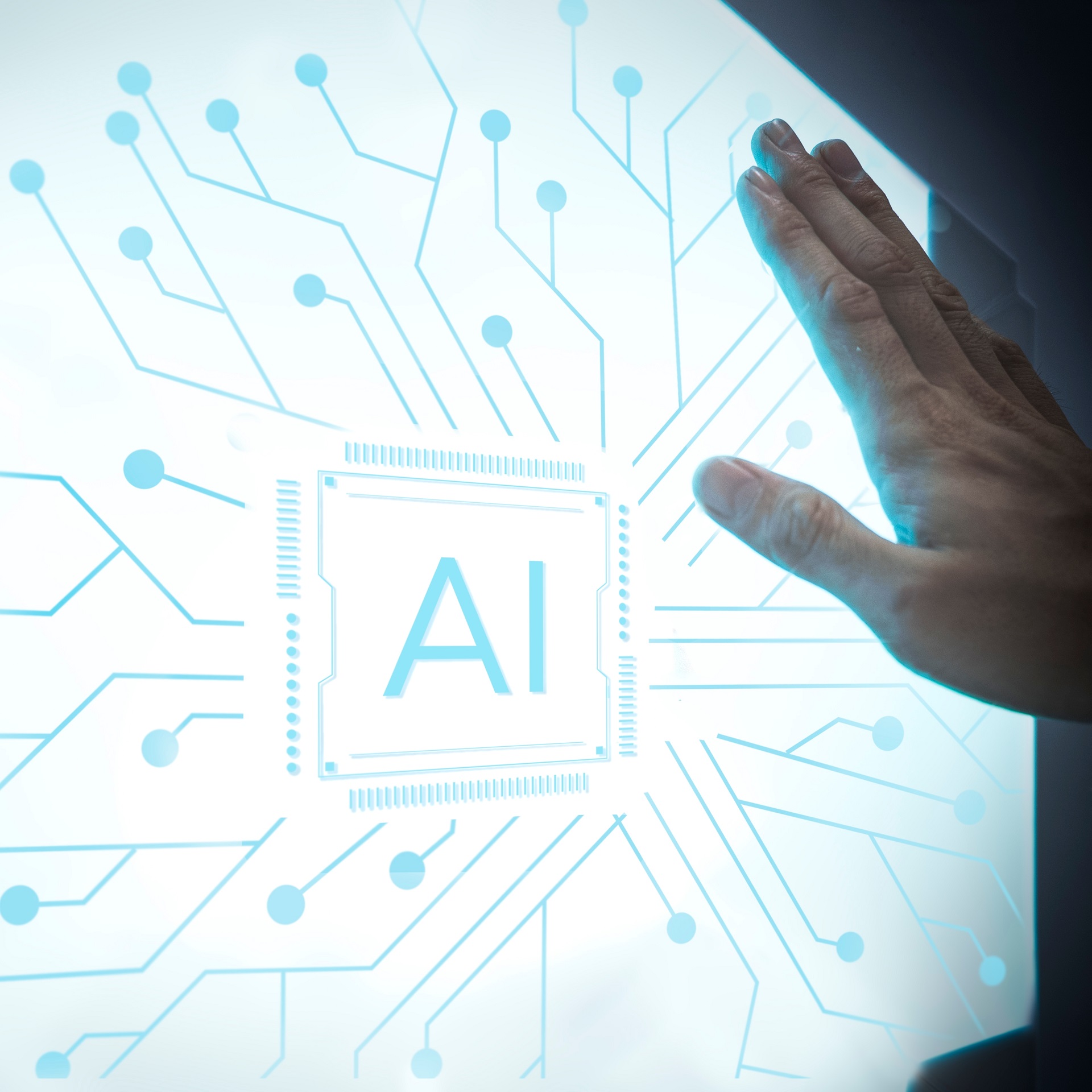
Emerging Industrial Trends in Digital Transformation

LeSoft
Digital transformation refers to converting raw data into digital ones to drive actionable insights and add value to a firm's digital growth.
Since the emergence of the COVID-19 pandemic, the digitization of business processes has become a new normal, bringing together several businesses and business processes to drive growth using digital ways.
Gone are the days when businesses used to be run using traditional manual ways.
The times have changed, and so have the ways of doing business, which has not only pushed the companies to the core of digitization but has also elaborated on the notion of the new normal, which has taken the front seat.
From manufacturing, Retail, and Distribution to Healthcare and Agriculture, almost all business nuances have shifted to the digital mode, making the business attain productivity and enhancement using digital ways.
Businesses these days are driven by customer experience, and what's better than to convert those customer experiences to digital customer experience, making the companies go for digital using automation, IoT, and AI as the critical elements of digital transformation in the businesses.
A recently conducted research from Statista suggests that the market spending on digital transformation will reach USD 1.8 trillion by 2026.
Factors such as the rise in internet penetration, the surge in demand for digital transformation, and emerging technologies contribute to the growth of digital transformation and shape industrial development.
The below-mentioned emerging trends are shaping the digital transformation across the industries.
1. Data Protection and Security
With the rising data breaches, the steps to tackle data and related issues have quadrupled since the pandemic.
Guidelines such as GDPR are prevailing, and organizations are taking essential steps to protect their data, be it protection against cyber threats or digital data against cyber threats; data protection has become one of the most crucial elements of businesses.
2. IoT and AI
As the emerging technologies took over the traditional ones, IoT and AI remain prominent among other technologies.
IoT, combined with AI, reap unique benefits that promote digitization and create an integrated approach to digital transformation.
Utilizing bots, algorithms, and codes forms an integral part of IoT and AI to drive efficiency in digitally driven ways.
3. Automation along with Hyper automation
Automation utilizes AI, digital data, tools, and algorithms to drive efficiency, promote growth, and add value to organizations.
Hyper automation aims to upscale the businesses and IT processes by implementing RPA, low code adoption, AI, and Machine learning, which contributes massively to an organization's growth and creates a digital-centric environment.
At LeSoft, a subsidiary of Leader Group, we work in tandem with technology to deliver digital solutions.
Our main business functions range from delivering IT-based solutions to cloud-based solutions via the Internet and from anywhere, without depending on complex software and hardware management.
Our IT services vary from application design and testing, web development, enabling web applications, and internet services, among others setting the industry benchmark and promoting digitization among businesses.
Conclusion
Digital has come at the forefront of organizations, with companies opting for digitization not as a choice but as a compulsion to perform their business operations effectively.
Integration of several digital tools and technologies, change in BCPs (Business Continuity plans), and application-based algorithms and codes have made the business easier for organizations, contributing massively to digitization.